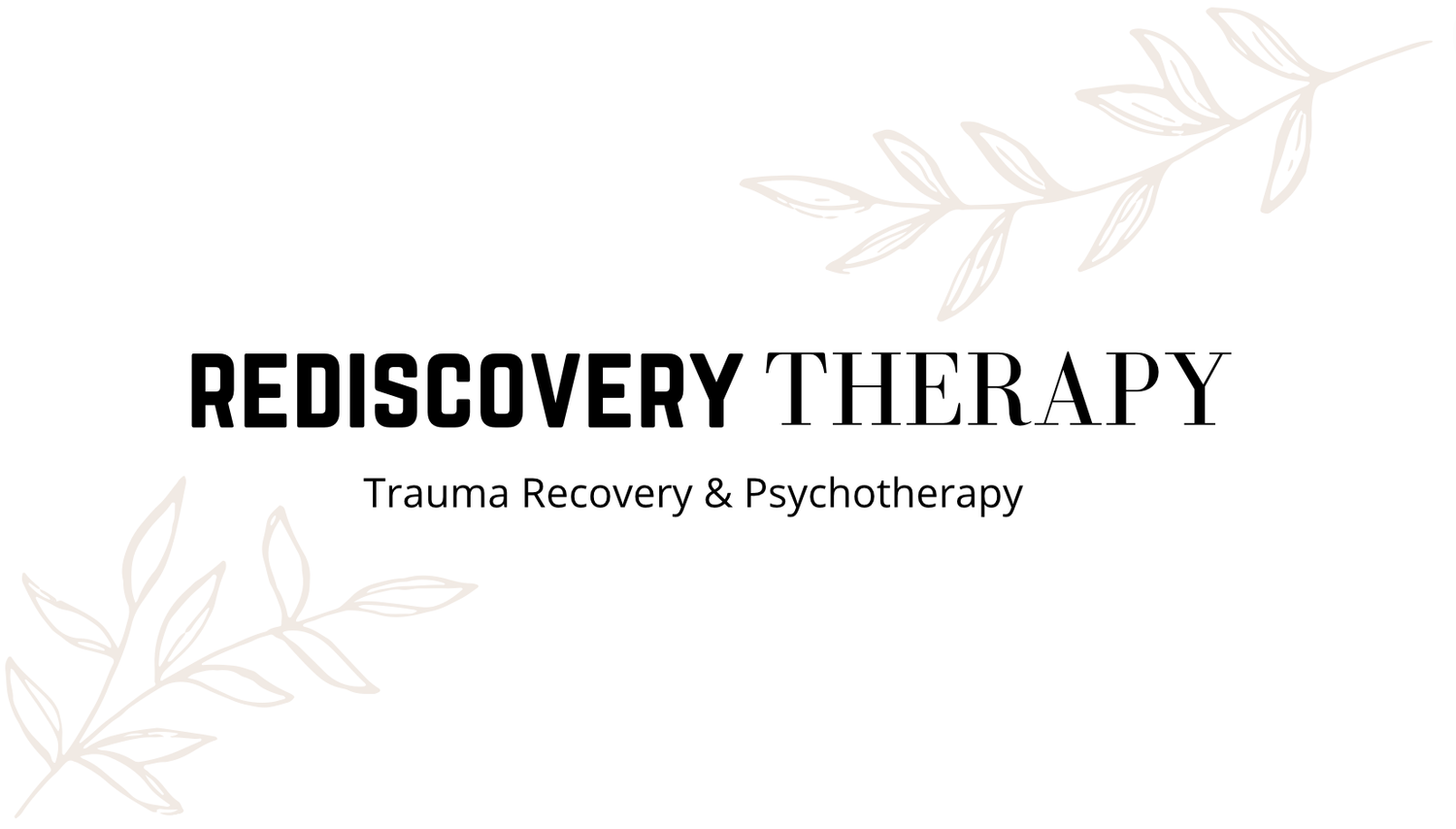Coregulation & Supporting Healing
Supportive Relationships are powerful resources for our healing. Humans are social beings and we need supportive and safe people around us. Our physical bodies even function at a more optimal level when we are in community. Healthy relationships have a sense of reciprocity and we’re able to show up with authenticity and care and we feel that from the other as well. These good relationships deeply improve our quality of life AND can also be a vehicle for healing and change. One way this happens is through coregulation.
Coregulation
There has been a narrative in the self help and psychology world positing that the highest bar for wellness is to be able to regulate ourselves independently. Regulate meaning that we can manage our emotional or physiological responses in distressing moments. Now being able to self-soothe and re-balance our system is a great goal for ourselves and in the other section I share more practices for self-regulation. But this is only part of the story:
Our systems find regulation and also learn how to regulate/manage those internal experiences - through CORegulation. Usually this developmental learning happens during childhood when our caregiving respond to us in attuned and supportive ways. Our system relies or leans on our caregivers regulated system - to help soothe our own during stressful moments. Unfortunately, not all of us got adequate experiences that help develop that ability to self-soothe.
As adults we have the opportunity to reach out for support that we need when we need it and our systems can become better able to self-regulate from those positive experiences of care and support.
The bottom line is that we don’t have to do it on our own all the time, we weren’t really built to be handling hard things alone. Call a trusted friend, ask for the hug and the cuddles, take in the kind or soothing words of comfort. It's not weak, there’s no shame in needing support - it’s actually more in alignment with our neurobiology.
Supportive Relationships Takeaway: Healthy relationships improve quality of life. It’s appropriate and often necessary to lean on trusted others for coregulation.

